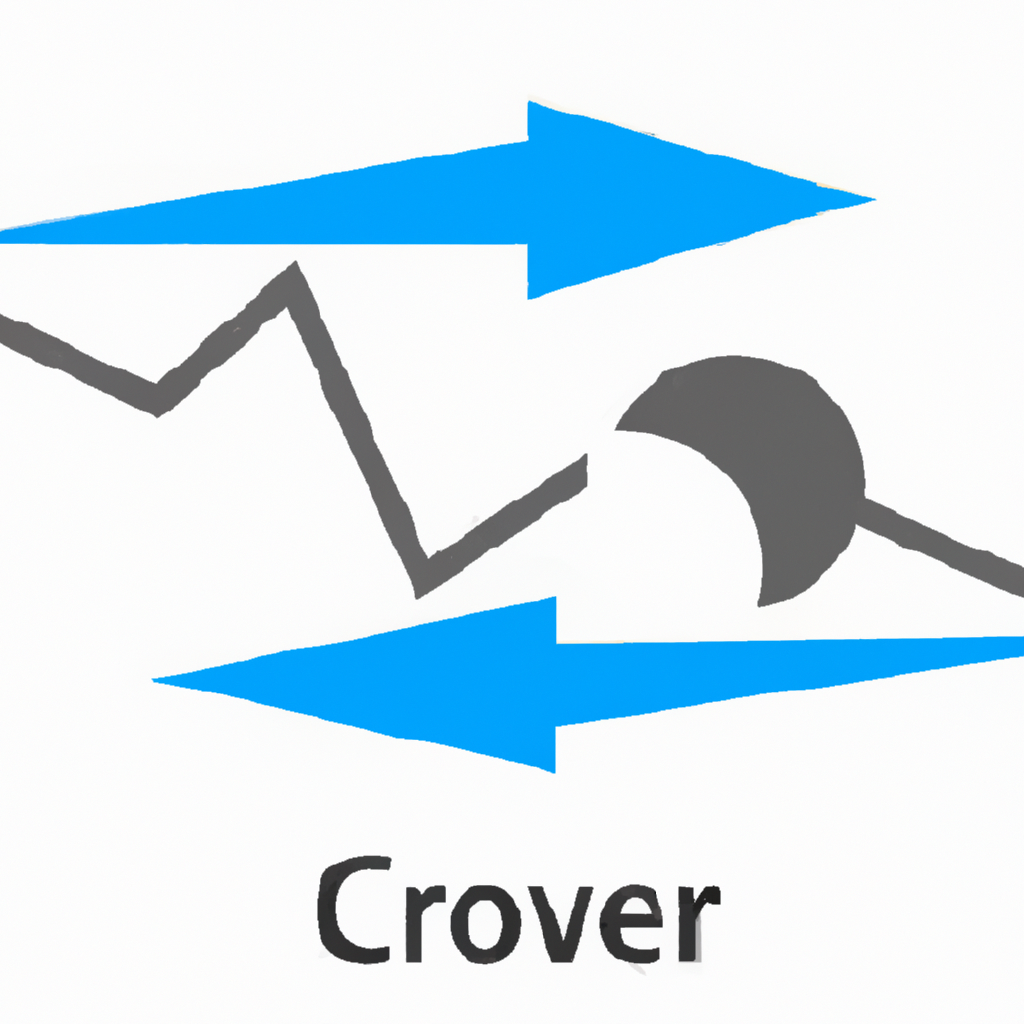How to Find Reliable Support Levels
Understanding Support Levels
Support levels are price levels at which a stock or security tends to stop falling and bounce back up. These levels are important for traders and investors to identify because they can help determine entry and exit points for trades.
Finding Support Levels
1. Technical Analysis
One of the most common ways to find support levels is through technical analysis. This involves studying historical price movements and chart patterns to identify potential areas of support. Some common technical indicators used to find support levels include moving averages, trendlines, and Fibonacci retracement levels.
2. Volume Analysis
Another method to find support levels is through volume analysis. By analyzing trading volume at various price levels, traders can identify areas where there is significant buying pressure, indicating a potential support level.
3. Psychological Levels
Psychological levels, such as round numbers or key price levels, can also act as support levels. Traders often pay attention to these levels as they can influence market sentiment and trading behavior.
Confirming Support Levels
1. Multiple Indicators
It is important to confirm support levels by using multiple indicators. When different indicators point to the same price level as a potential support level, it increases the likelihood that it will hold.
2. Price Action
Price action can also help confirm support levels. If a stock repeatedly bounces off a certain price level, it indicates that level is acting as a strong support.
Conclusion
Finding reliable support levels is essential for successful trading and investing. By using a combination of technical analysis, volume analysis, and psychological levels, traders can identify potential support levels and make informed decisions.


